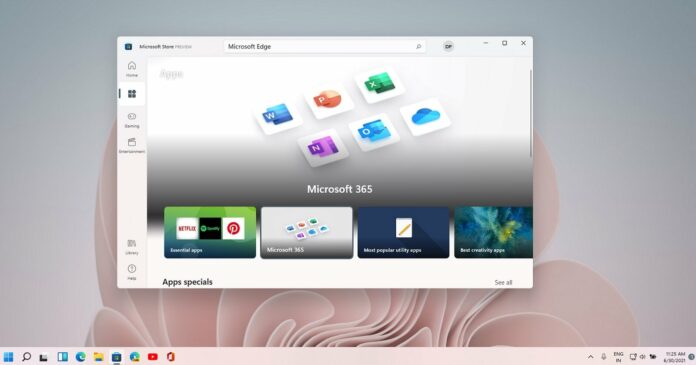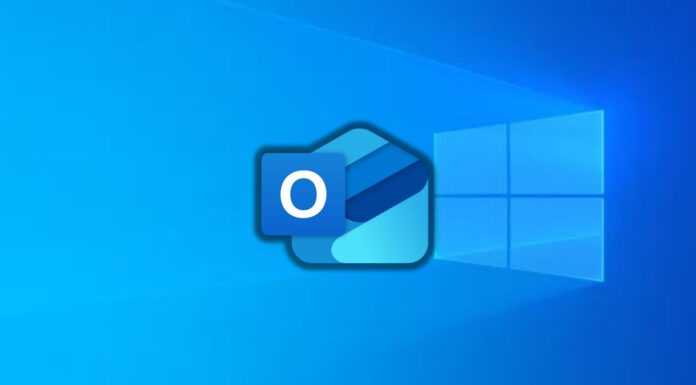In Windows 11, Microsoft Store will be the one destination for everything. The Microsoft Store policies will also allow developers to publish their Chromium Edge extensions in the Microsoft Store, which should streamline the overall web browsing experience on Windows 11.
On Windows 10, Chromium Edge extensions are offered via Microsoft’s web-based add-ons store. During the developer conference, Microsoft revealed extensions that would work in Edge would be available through the Windows 11’s app store as well, so everyone looking for the third-party add-ons can now look in the Microsoft Store instead.
Microsoft’s new vision for Store is simple: Windows 11 Store becomes the one destination for all your apps and games. This includes Android apps. In fact, Microsoft is trying to integrate apps stores like Amazon AppStore directly into the new Store, so it makes sense for the company to publish extensions through the Microsoft Store as well.

Extensions like Outlook and LastPass for Edge are already available in the Store.
However, it’s not yet clear how the migration will work. It’s possible that Microsoft will automatically move all extensions to the Store without requiring action from developers.
While extensions are coming to Windows Store, Microsoft is not retiring or downgrading the existing add-ons store.
That’s because the web-based add-on store is the only way to install extensions on Windows 7, macOS or Linux where Microsoft Store is not available.
Microsoft Store is getting big changes on Windows 11
In addition to Edge, Microsoft Store is getting support for apps created using any framework like Win32, UWP, .NET, and PWA. In Windows 11 preview build, Microsoft has already started to welcome open-source productivity apps.
For example, OBS Studios, which is one of the popular productivity tools, is now from the new Store. Similarly, Microsoft Store is also getting WinZip, Zoom, and other full-fledged desktop apps.
This is a great start for a Store that has struggled since the days of Windows 8 and has failed to attract big names due to strict policies on Windows 10. Thankfully, Microsoft finally realized their mistake and they’ve relaxed all key policies for redesigned Windows Store.
Later this year, Microsoft’s upgraded app store will begin rolling out to Windows 10 and Windows 11 users. On Windows 10, the new store will be delivered via an update to the current store, while Windows 11 will come pre-installed with the new Microsoft Store.
Additionally, Microsoft has promised significant quality improvements for Store search and catalog, which should reduce the number of low-quality apps.





















